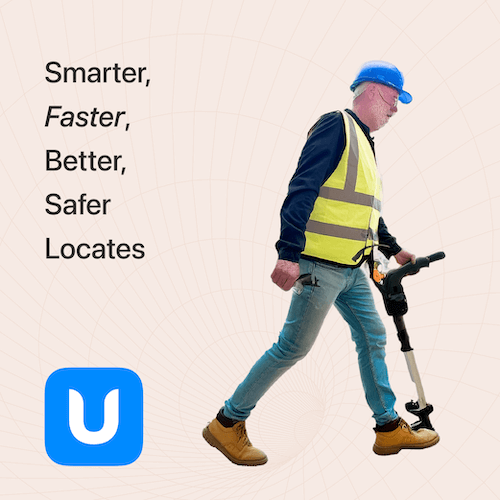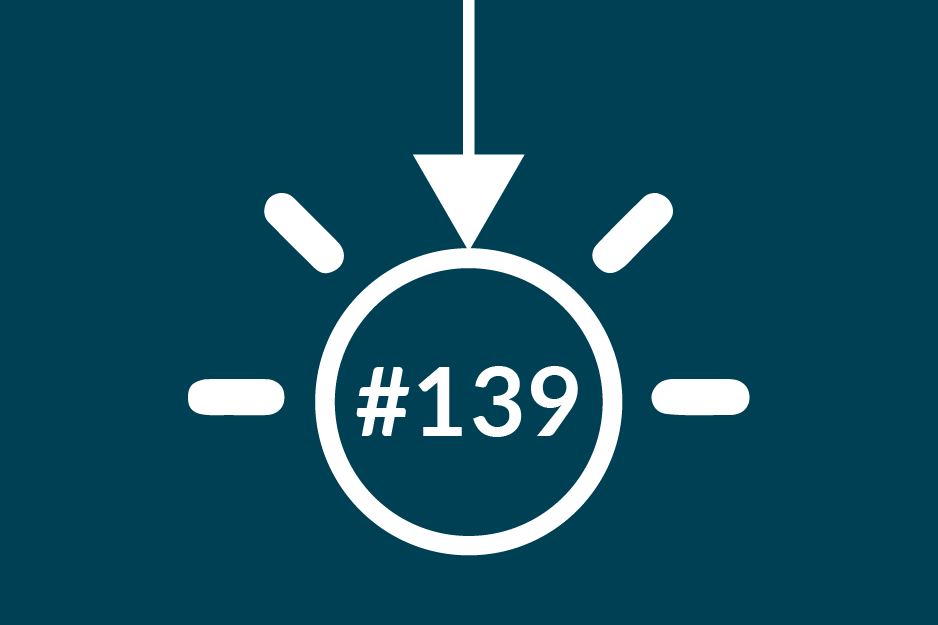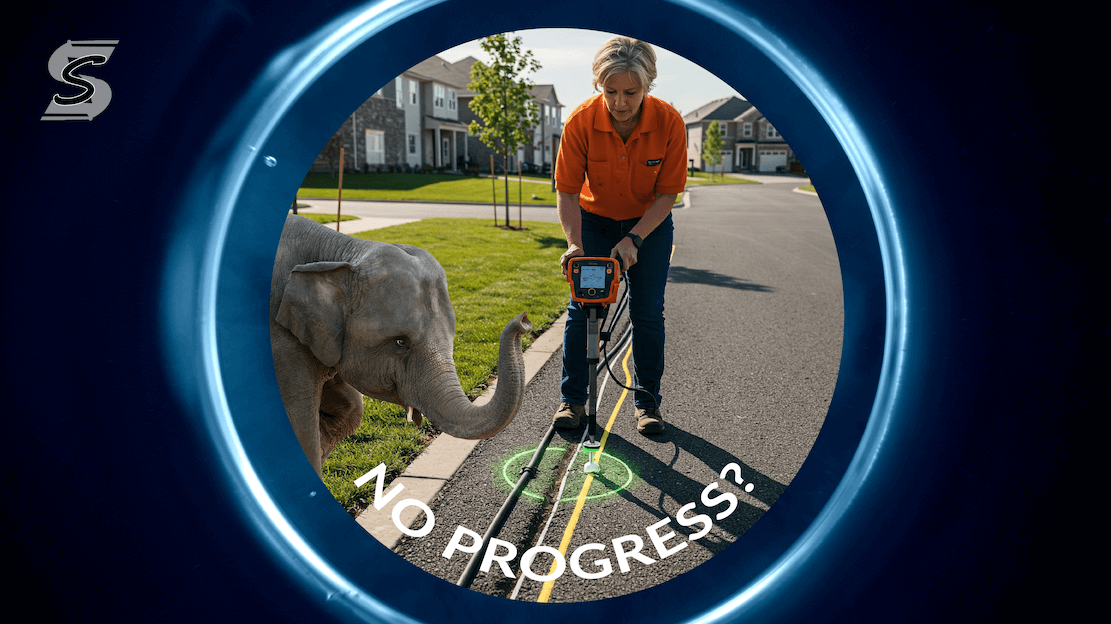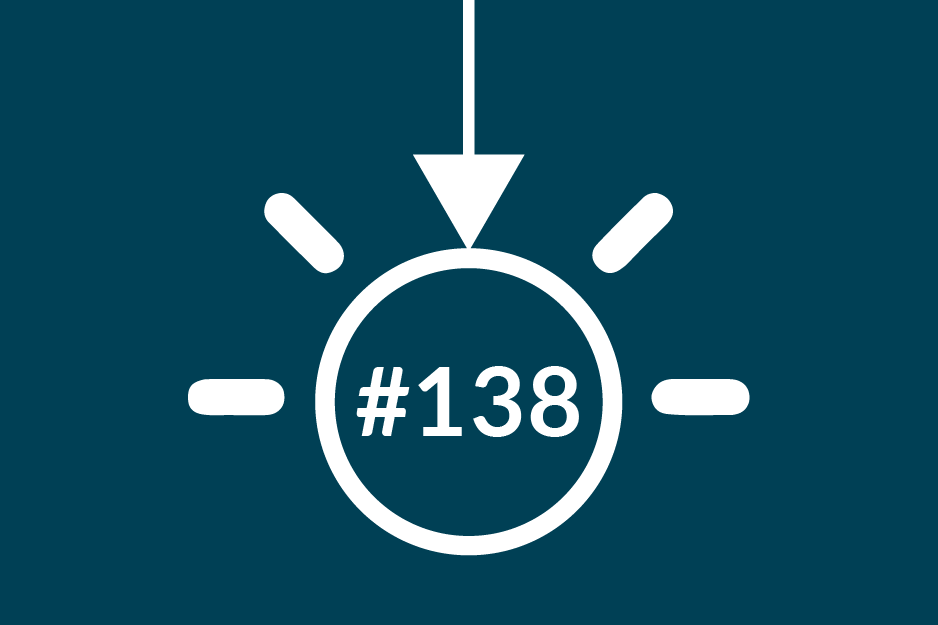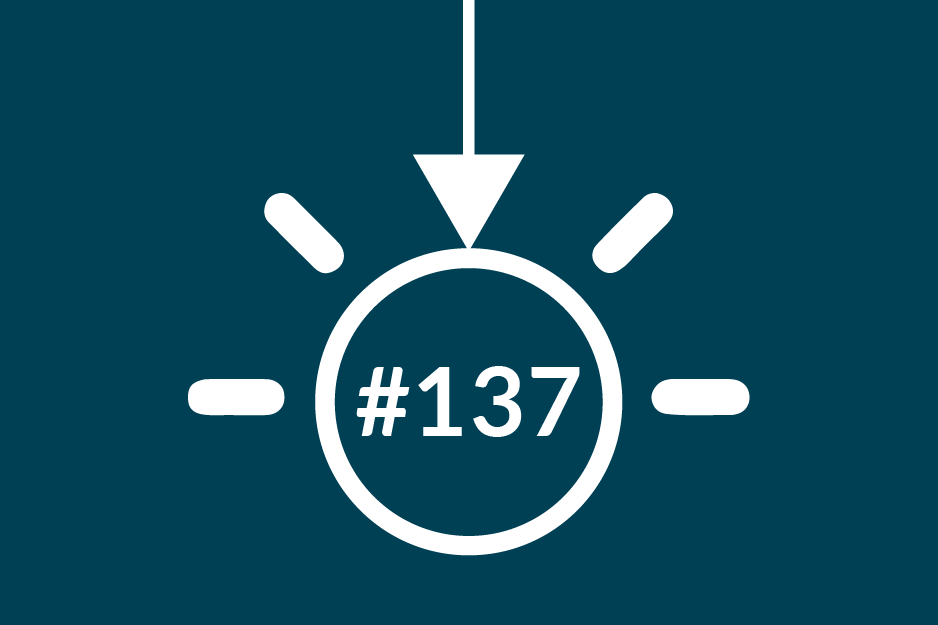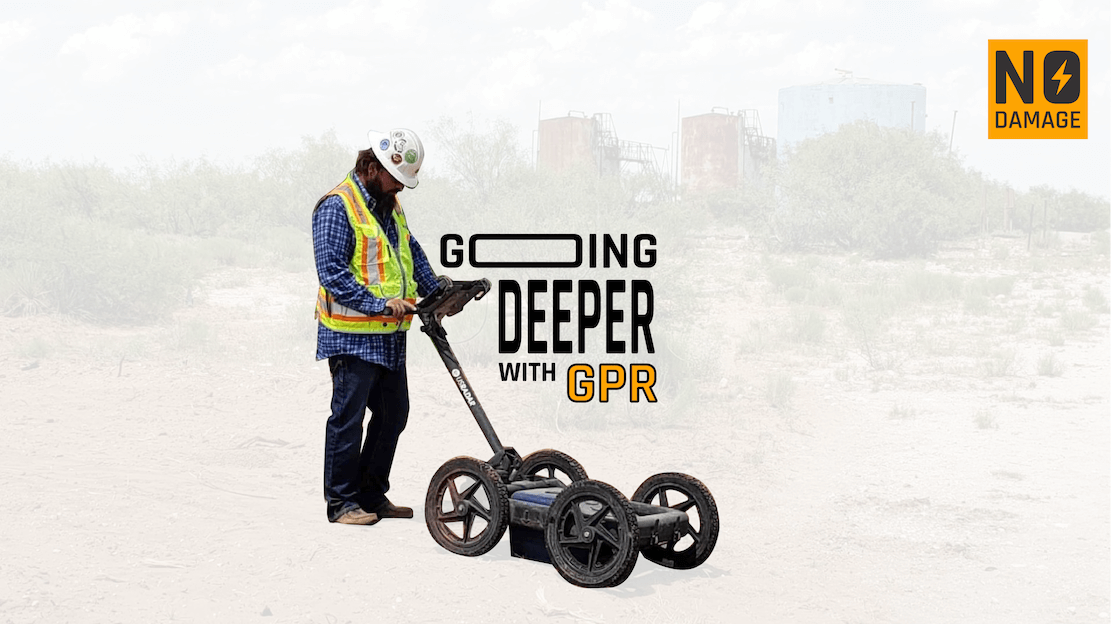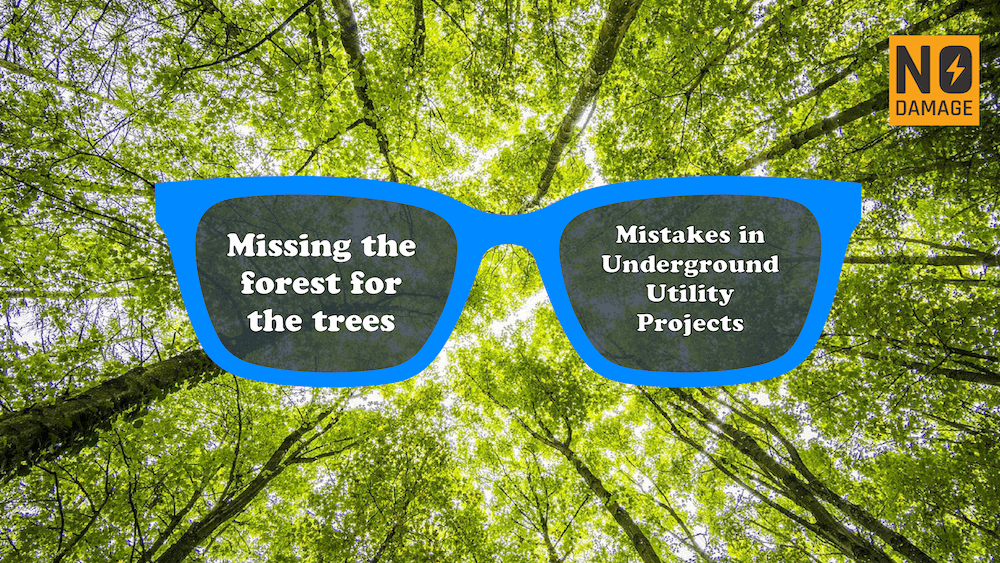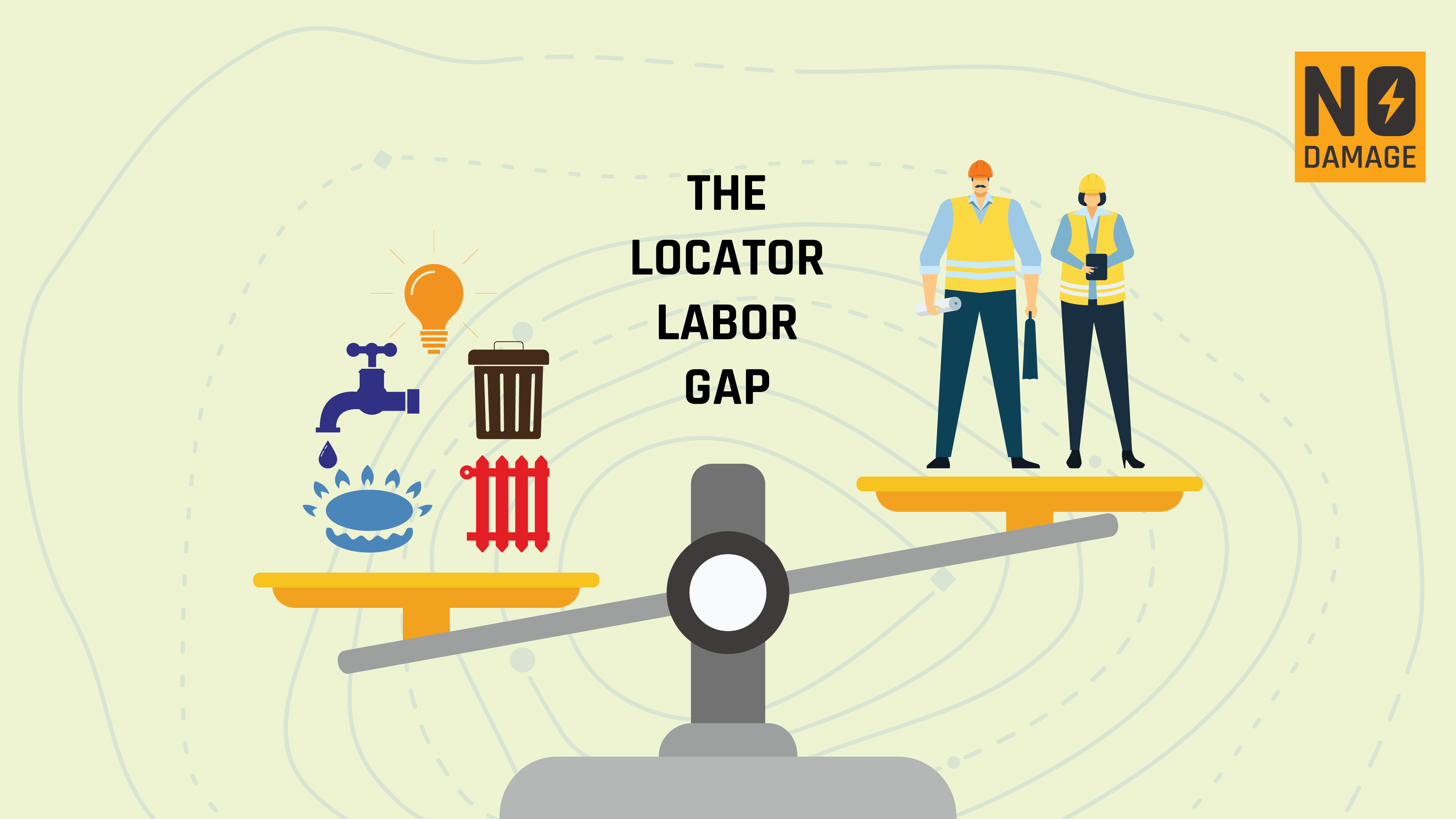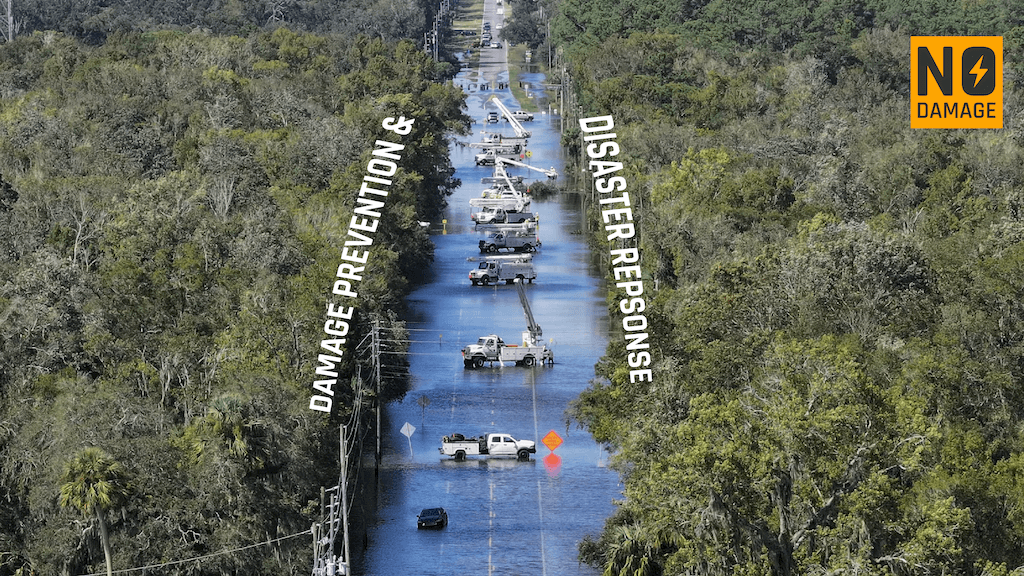
Being a proficient locator in the construction industry requires more than just technical know-how. When we send kids to a liberal arts university the intention is to get a wider knowledge of the world than just their specific major, I think we need to take that same tactic with locating. It demands a comprehensive understanding of construction standards, varied utility behaviors, and the intricacies of different construction processes. This holistic knowledge not only boosts efficiency but also elevates the quality of service provided. Let's delve into why a deeper understanding of the wider construction landscape is crucial for locators to excel in their roles.
Navigating Construction Standards
One of the primary pillars of effective locating is a strong grasp of construction standards. Locators are tasked with not only locating utilities for their own crews but also for other utilities, civil works, geotechnical projects, and residential/commercial constructions. Each of these areas adheres to specific standards and practices. Familiarity with these standards not only streamlines the locating process but also ensures accurate and reliable results.
Moreover, understanding how these standards apply to different utilities and geographical areas is paramount. Utility behaviors often align with the standards prevalent during their installation. Changes in ownership or acquisitions can introduce variations in standards, influencing how utilities are laid out and located. By being well-versed in these nuances, locators can anticipate challenges and mitigate potential errors.
Efficiency through Insight
An in-depth understanding of construction methodologies can significantly enhance a locator's efficiency. For instance, knowing whether a construction project will expose utilities or not is crucial. This knowledge allows locators to adopt proactive strategies, such as adjusting paint markings to provide better protection for utilities during non-exposed activities like fence installations.
Furthermore, different construction projects have varying requirements. For example, a survey company may require extensive test holes for an ALTA survey, while a geotechnical company might only need specific locations assessed. By discerning these distinctions, locators can optimize their efforts, focusing on accuracy rather than just speed.
Building Relationships for Success
Effective communication and collaboration are key components of successful locating. Locators should actively engage with various stakeholders in the construction industry, from infrastructure repair technicians to surveyors and contractors. Building relationships and exchanging insights not only fosters a sense of community but also enhances understanding and problem-solving capabilities. That's why we've worked hard to incoporate active and passive communication channels within Utilocate.
Additionally, leveraging technology such as geotagging photos can aid in documenting locates and gaining valuable insights over time. Regularly monitoring ongoing construction activities related to locates offers firsthand experience and valuable learning opportunities.
Striving for Excellence
In a field where precision and efficiency are paramount, continuous learning and improvement are essential. Locators should constantly seek feedback, ask questions, and stay updated with industry trends and best practices. Striving for excellence not only benefits individual locators but also contributes to the overall safety and reliability of construction projects.
In conclusion, a holistic understanding of the wider construction industry empowers locators to excel in their roles. By mastering construction standards, adapting to varied utility behaviors, optimizing efficiency through insights, building collaborative relationships, and prioritizing accuracy, locators can navigate the complexities of construction locating with confidence and proficiency.
Share this Post
